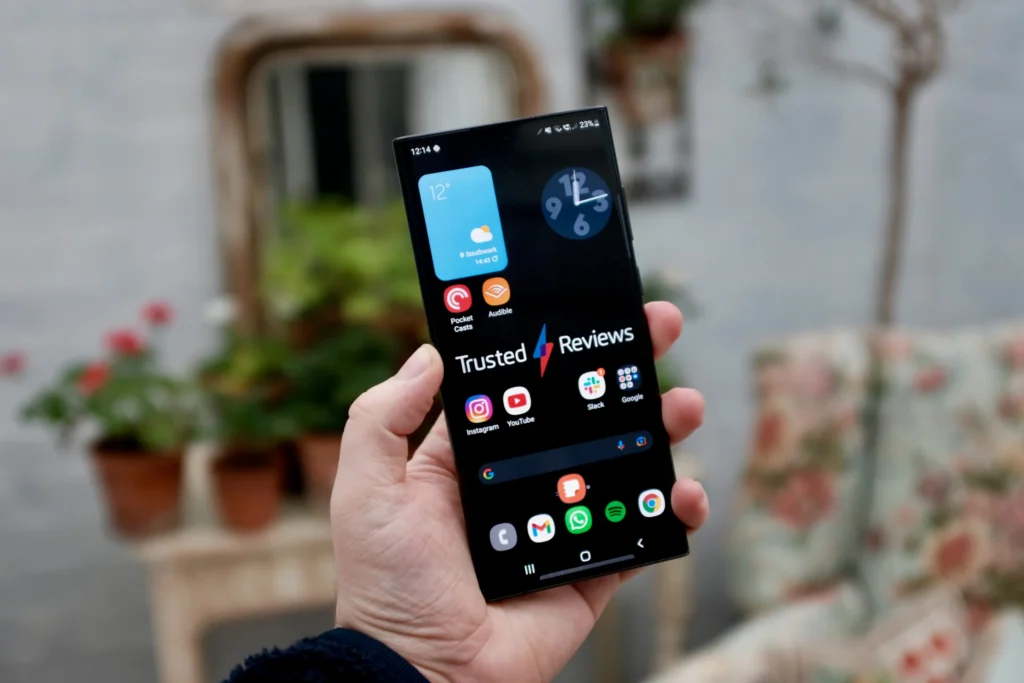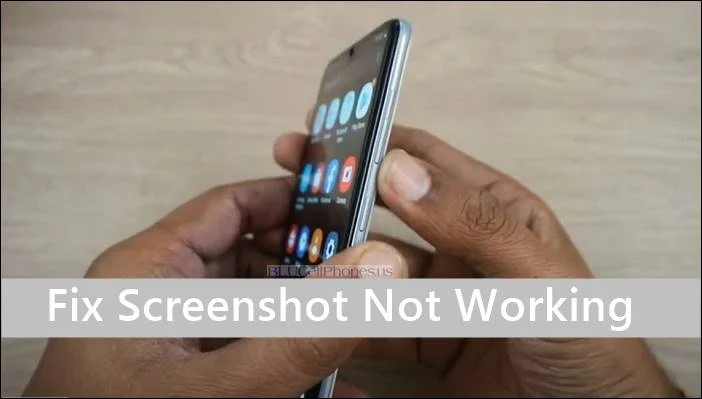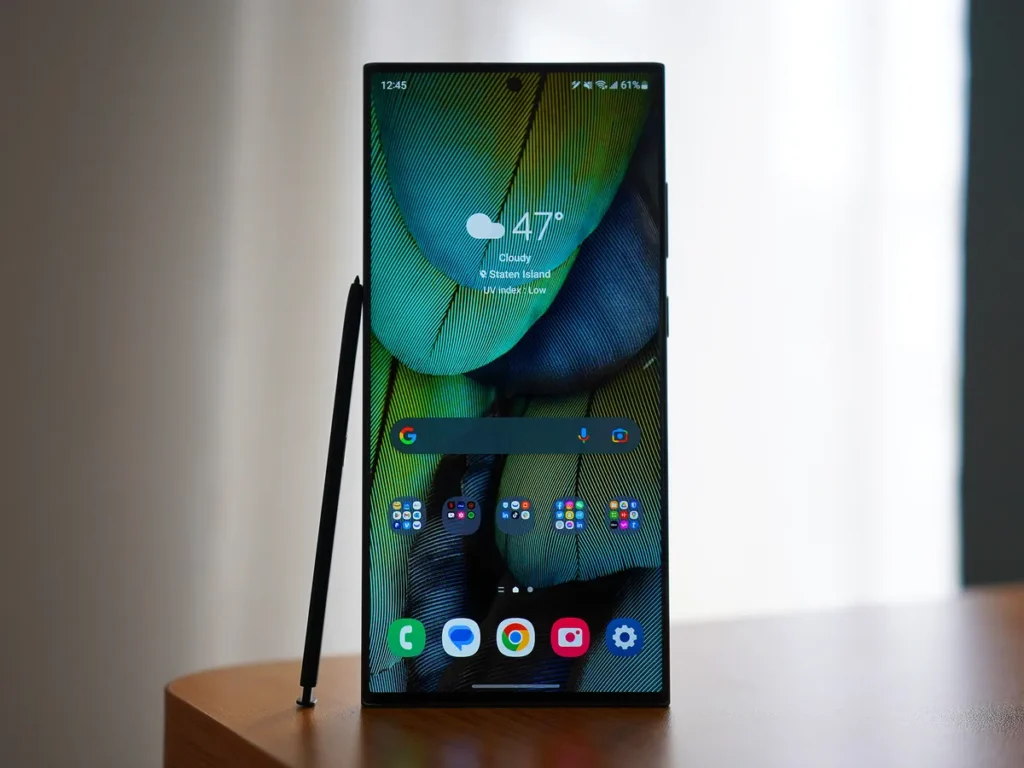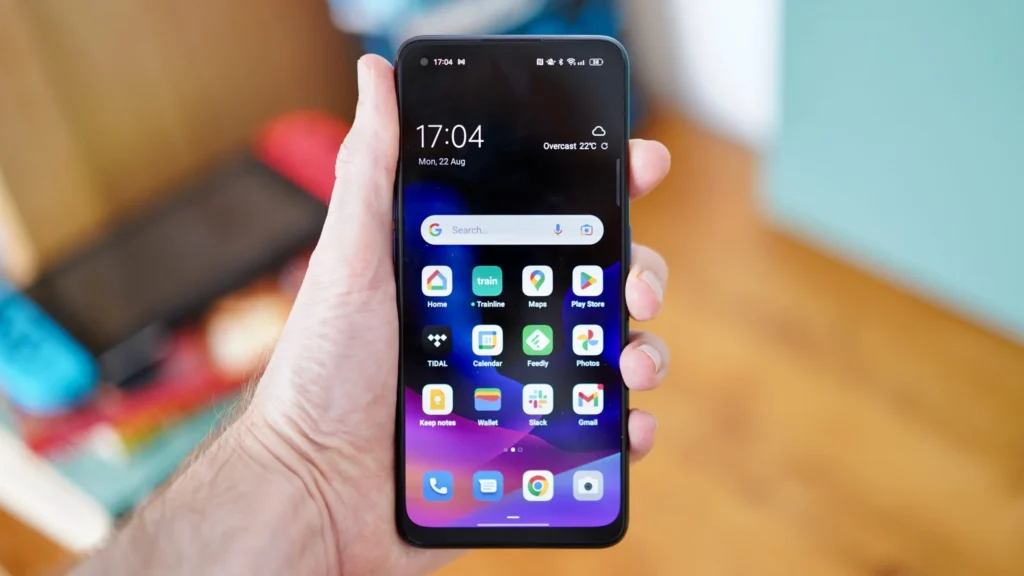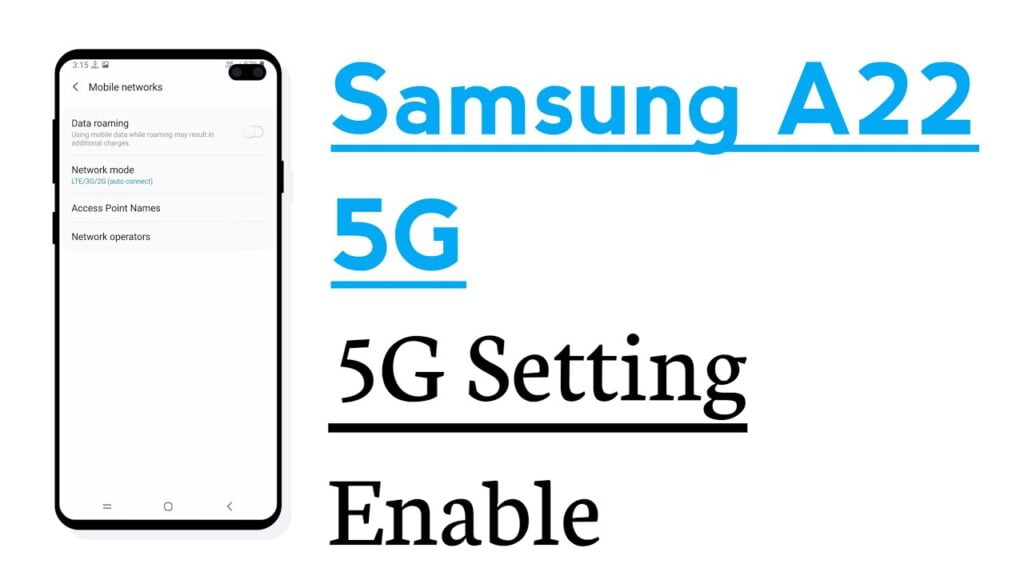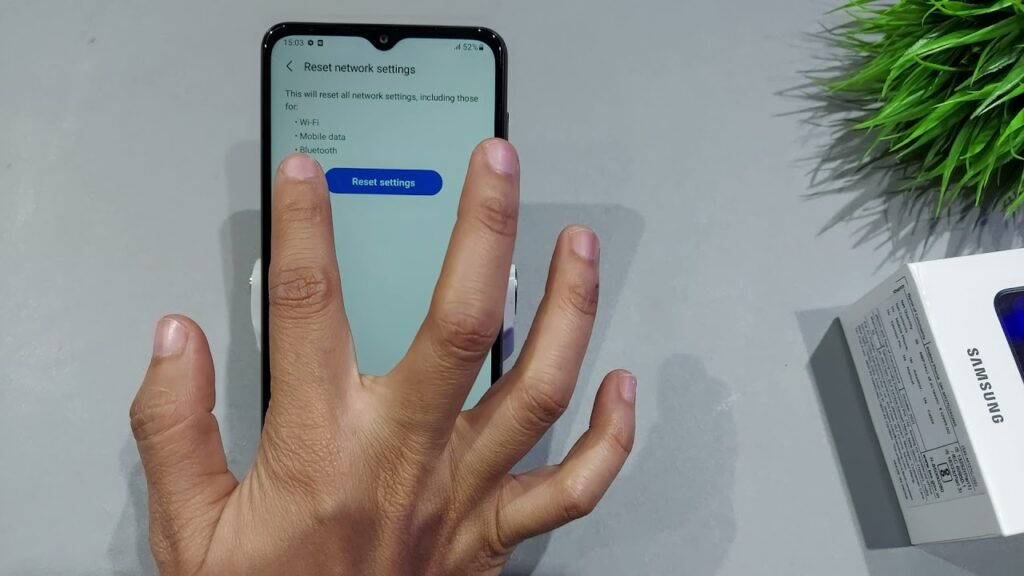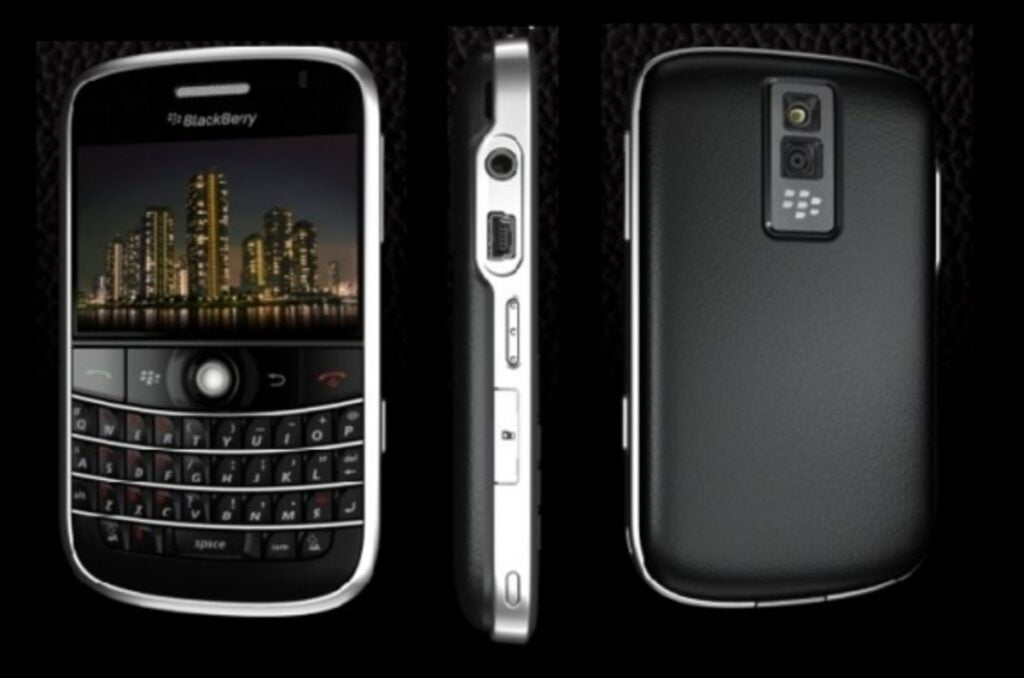Comparing Wireless Home Phone Service and Traditional Landline: Which is Better? In today’s digital age, communication is key, and having a reliable phone service is crucial for both personal and professional needs. When it comes to choosing between wireless home phone service and traditional landline, it’s essential to understand the advantages and disadvantages of each option. In this comprehensive guide, we will delve into the intricacies of both wireless and landline phone services, highlighting their features, costs, reliability, and more. By the end of this article, you’ll have a clear understanding of which option suits your requirements best.
1. Overview of Wireless Home Phone Service
Wireless home phone service, also known as VoIP (Voice over Internet Protocol), utilizes an internet connection to transmit voice data. This technology has gained significant popularity due to its flexibility, cost-effectiveness, and advanced features. Here are some key points to consider:
1.1 Cost-Effectiveness
One of the primary advantages of wireless home phone service is its affordability. Unlike traditional landlines, which often require costly installation and maintenance fees, wireless services usually have lower upfront costs. Additionally, many providers offer bundled packages that include unlimited local and long-distance calls at a flat monthly rate, making it an attractive option for budget-conscious individuals and businesses.
1.2 Flexibility and Portability
Wireless home phone service provides unparalleled flexibility and portability. With a wireless setup, you can use your phone anywhere within the range of your Wi-Fi network, allowing you to make and receive calls even when you’re away from home. This feature is especially beneficial for frequent travelers or individuals who move residences frequently.
1.3 Advanced Features
Wireless home phone services often come equipped with a wide range of advanced features that enhance the calling experience. These features may include voicemail-to-email transcription, call forwarding, caller ID, call waiting, and more. Providers continuously innovate and introduce new features, ensuring that users have access to the latest communication technologies.
2. Traditional Landline: An Established Choice
Traditional landline phone service has been a reliable communication method for decades. Although it may lack some of the modern features found in wireless services, it still offers its own unique benefits. Let’s explore them in more detail:
2.1 Reliability and Call Quality
One of the most significant advantages of traditional landlines is their reliability. Unlike wireless services that rely on internet connections, landlines are powered by copper wires, which are less prone to interference from external factors such as power outages or poor internet connectivity. Landlines also tend to provide excellent call quality, ensuring clear and uninterrupted conversations.
2.2 Emergency Services
Landlines are often preferred for emergency situations as they are directly linked to a physical address. When making a call to emergency services, operators can quickly identify the location associated with the landline, allowing for a swift response. This feature can be crucial in situations where every second counts.
2.3 Compatibility with Older Devices
Another advantage of traditional landlines is their compatibility with older devices, such as fax machines or alarm systems, which may not work seamlessly with wireless home phone services. If you heavily rely on such equipment, a landline may be the better option to ensure compatibility and avoid potential disruptions.
3. The Verdict: Which is Better?
Now that we have explored the key features and advantages of both wireless home phone service and traditional landline, it’s time to determine which option is better suited for your needs. The choice ultimately depends on your specific requirements and preferences. Consider the following factors:
- Cost: If affordability and flexibility are crucial to you, wireless home phone service might be the optimal choice. It often offers cost-effective plans and bundled packages that include unlimited calling options at a flat monthly rate. This can be particularly beneficial for individuals or businesses that make frequent long-distance or international calls.
- Portability: If you require the freedom to use your phone service while on the go or when moving residences, wireless home phone service provides the ultimate portability. With a wireless setup, you can make and receive calls from any location within the range of your Wi-Fi network, ensuring constant connectivity even outside your home.
- Advanced Features: Wireless home phone services are known for their wide array of advanced features that enhance the calling experience. From voicemail-to-email transcription to call forwarding and caller ID, these features contribute to increased productivity and convenience in managing your calls.
On the other hand, traditional landline phone service still holds its ground due to certain advantages:
- Reliability: Landlines are known for their reliability, as they are powered by copper wires and not subject to potential internet outages or poor connectivity. This ensures a consistent and uninterrupted calling experience, making it a dependable choice for critical conversations or areas with unstable internet connections.
- Call Quality: Traditional landlines often offer superior call quality compared to wireless services, thanks to their dedicated copper lines. If call clarity and consistency are essential for your communication needs, a landline can provide a reliable and clear connection.
- Emergency Services: Landlines have the advantage of being directly linked to a physical address. In emergency situations, when every second counts, the ability of emergency services to quickly identify your location through your landline can be a crucial factor. This direct connection can help facilitate a swift and accurate response when you need it most.
- Compatibility with Older Devices: If you rely on older devices like fax machines, alarm systems, or medical equipment that require a landline connection, a traditional landline may be the better option. Wireless home phone services might not offer seamless compatibility with these devices, potentially causing disruptions or the need for additional equipment.
In conclusion, choosing between wireless home phone service and traditional landline depends on your specific requirements and priorities. If cost-effectiveness, flexibility, and advanced features are your main considerations, wireless home phone service offers an appealing solution. On the other hand, if reliability, call quality, emergency services, and compatibility with older devices are paramount, a traditional landline may be the better choice. Assess your needs carefully and weigh the advantages of each option to make an informed decision that aligns with your communication requirements.

